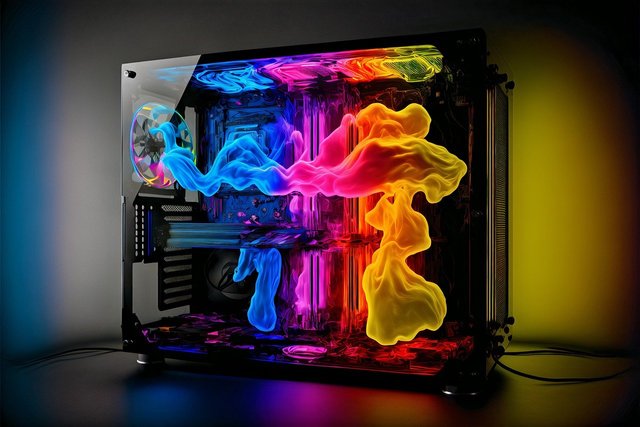What makes decentralized gaming stand out is the level of ownership players have. In traditional games, you might spend hundreds of dollars on skins, weapons etc. but if the game shuts down or the developers change something, all that money is essentially gone. You never truly owned those items. But the situation is different in the case of decentralized games where you’re in control.

Your assets are on the blockchain, which means they’re yours forever. You can sell them, trade them, or even use them in other games that support the same NFTs. It’s like owning a digital asset that has value outside of the game it was created for. This opens up all sorts of possibilities for cross-game compatibility. Imagine earning a cool skin in one game and being able to use it in another. That’s the beauty and potential of decentralized gaming.
Another exciting development in decentralized gaming economies is the use of DAOs (Decentralized Autonomous Organizations). Instead of a central company making all the decisions about how a game runs, DAOs allow the players to have a say. This can mean voting on updates, deciding on new features, or even choosing how the in-game economy operates.
It’s like putting the power in the hands of the community instead of just the developers.With DAOs, players aren’t just consumers—they become part of the decision-making process. It’s a more democratic way of running a game, which is super appealing to many gamers who feel like they’ve been ignored by big game companies in the past.
~ Regards,
VEIGO (Community Mod)


Upvoted! Thank you for supporting witness @jswit.
Downvoting a post can decrease pending rewards and make it less visible. Common reasons:
Submit